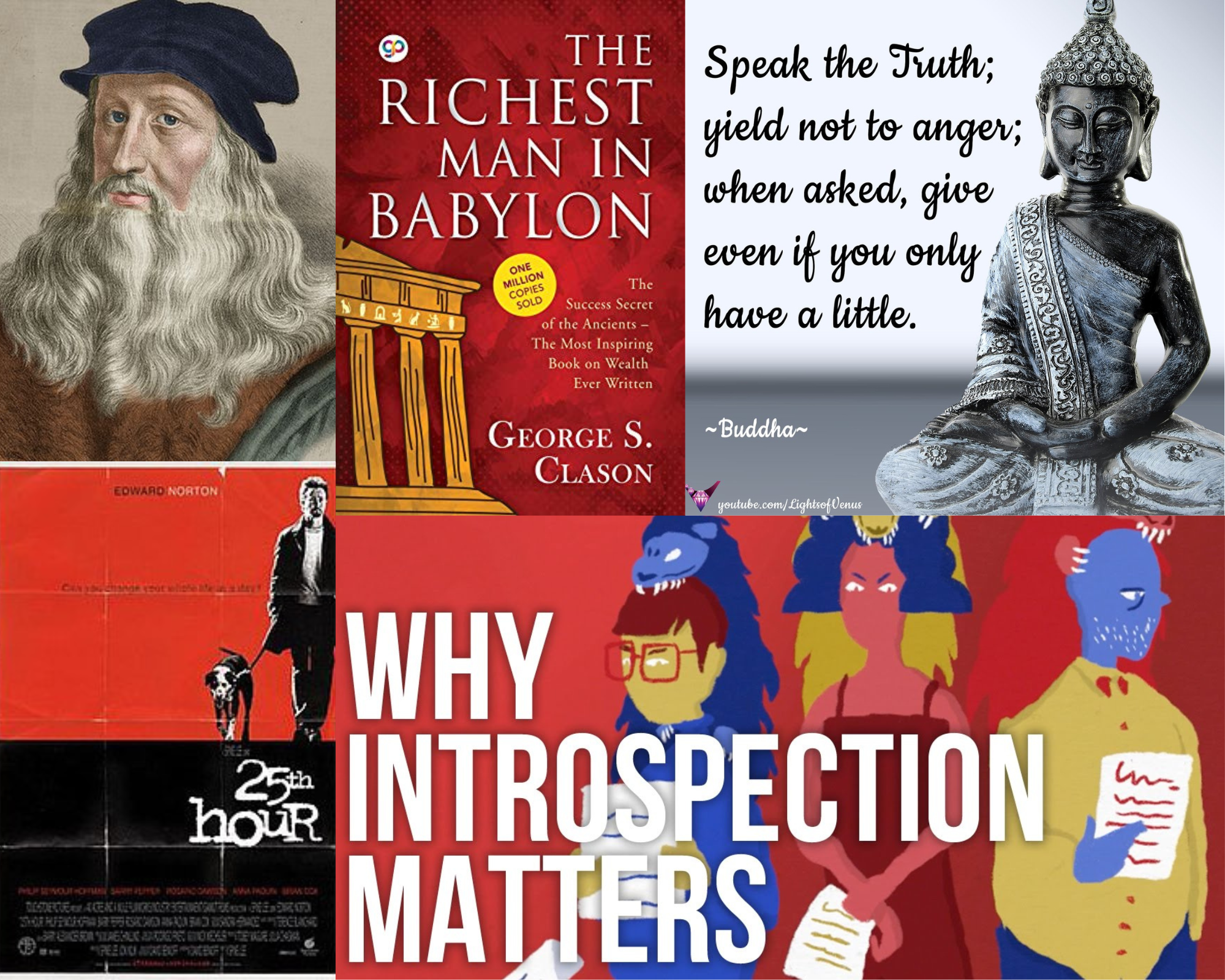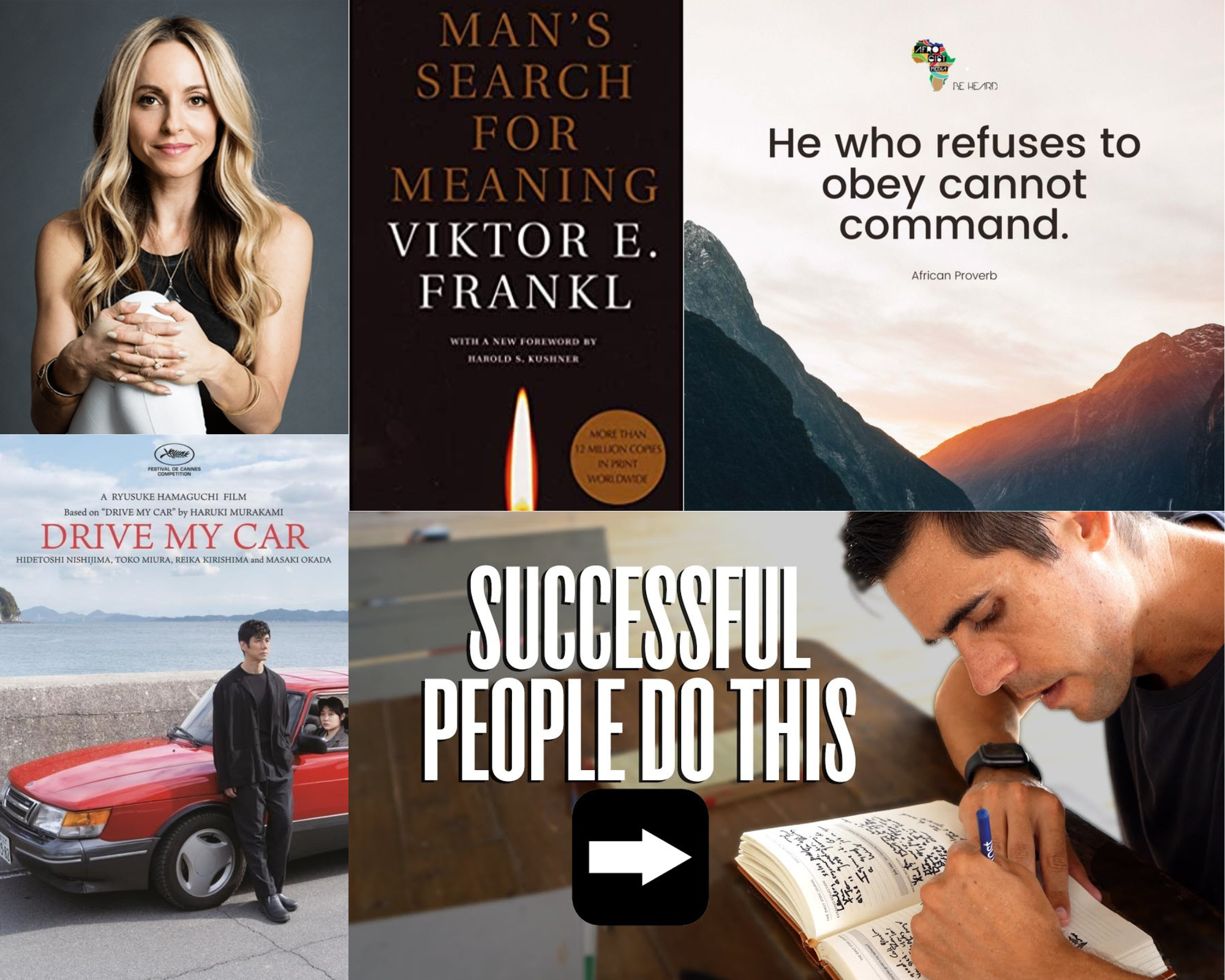Sunday Supplement #135 (December 10th, 2023)
Below is another Sunday Supplement with a quote worth sharing, a book worth reading, a movie worth watching, brainfood worth consuming, and a spiritual passage worth pondering.
Please take something away from these recommendations that enriches your week ahead!
Quote of the Week:
“I love those who can smile in trouble, who can gather strength from distress, and grow brave by reflection.’Tis the business of little minds to shrink, but they whose heart is firm, and whose conscience approves their conduct, will pursue their principles unto death.”
– Leonardo da Vinci
Book of the Week:
The Richest Man in Babylon – George S. Clason
George S. Clason started a map-making company in the early 1900s and was the first to publish a road atlas of the United States and Canada.
Clason also authored a series of pamphlets distributed by insurance companies and U.S. banks in the early 1920s.
These pamphlets, centered around financial advice in the form of parables set in ancient Babylon, were compiled and became the book edition of The Richest Man in Babylon.
The Richest Man in Babylon has sold over 2 million copies and has been in print for over 90 years. It is considered a classic for wealth management.
While the key lessons in The Richest Man in Babylon are pretty simple, the stories are excellent and might provide a deeper impression for those principles to sink in.
Movie of the Week:
Spike Lee’s 25th Hour follows a convicted New York drug dealer, Montgomery Brogan, as he reevaluates his life in the 24 hours before facing a seven-year jail term.
The film has an all-star cast of Edward Norton, Philip Seymour Hoffman, Rosario Dawson, Anna Paquin, Brian Cox, and Barry Pepper.
Spike Lee brilliantly directs this film, and it is on the top tier of my list of Spike Lee Joints.
Game of Thrones show writer David Benioff wrote the novel and the script the film is based on. But don’t let that put you off; the novels of his I’ve read are excellent, and this movie is, too.
Brainfood of the Week:
Why Introspection Matters | The School of Life
The School of Life makes content from psychologists, philosophers, and writers devoted to helping people lead calmer and more resilient lives.
This video starts with explaining the parable of Androcles and the Lion. You might have heard of it in some form or another, but the main point is the lion with the thorn in its paw.
In this telling of the story, the video shows how a thorn can cause a significant amount of pain, and we don’t always know how to get it out or need help to get it out.
Without reflection or asking for help, it can be easy to slip into avoidance of the pain or snap out at others.
I’ve featured a number of The School of Life videos. They tend to be short but impactful clips on various topics worth exploring. Check out these other posts if you’ve liked this one.
Closing Spiritual Passage:
“Speak the truth; yield not to anger; when asked, give even if you only have a little. By these three means can one reach the presence of the gods.”
– Dhammapada 224
This Dhammapada verse reminds me to reflect on the principles I hold. The values this verse implores are ones I find I always take a pause when I’m tested.
I think this is the power of taking a pause and reflecting on your actions. You have a moment to decide what you truly want to do rather than just going along with whatever mood you’re in.
Sometimes, you can find yourself in survival mode, and these moments of reflection can be challenging. But I find that through reflection, you are able to get a better handle on things.
The principles that the verse speaks to are great guides for having bliss in your life, and I think ones that any God would approve of.
Reflect on how you want to show up each day and have a blessed week ahead!
Comments closed


